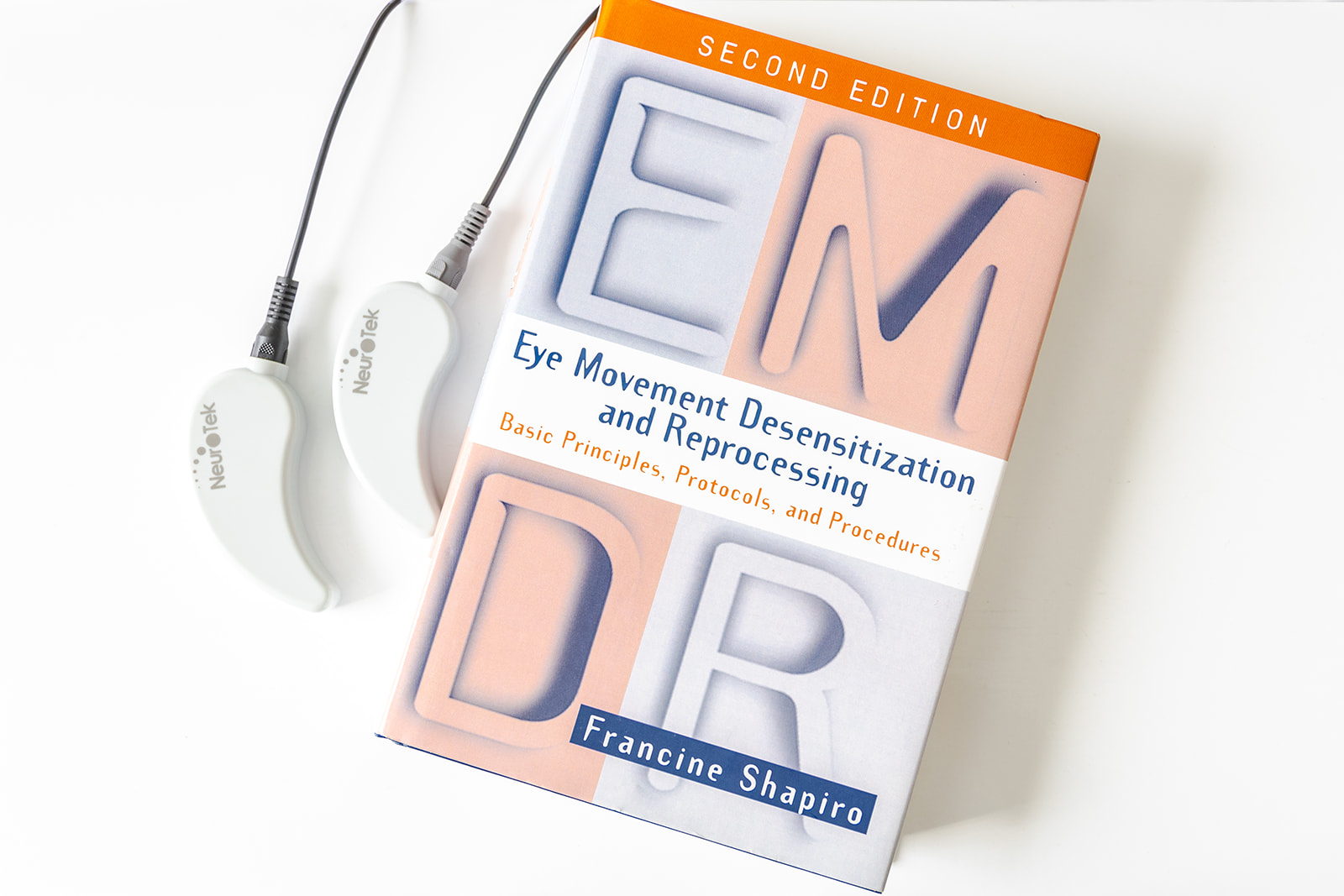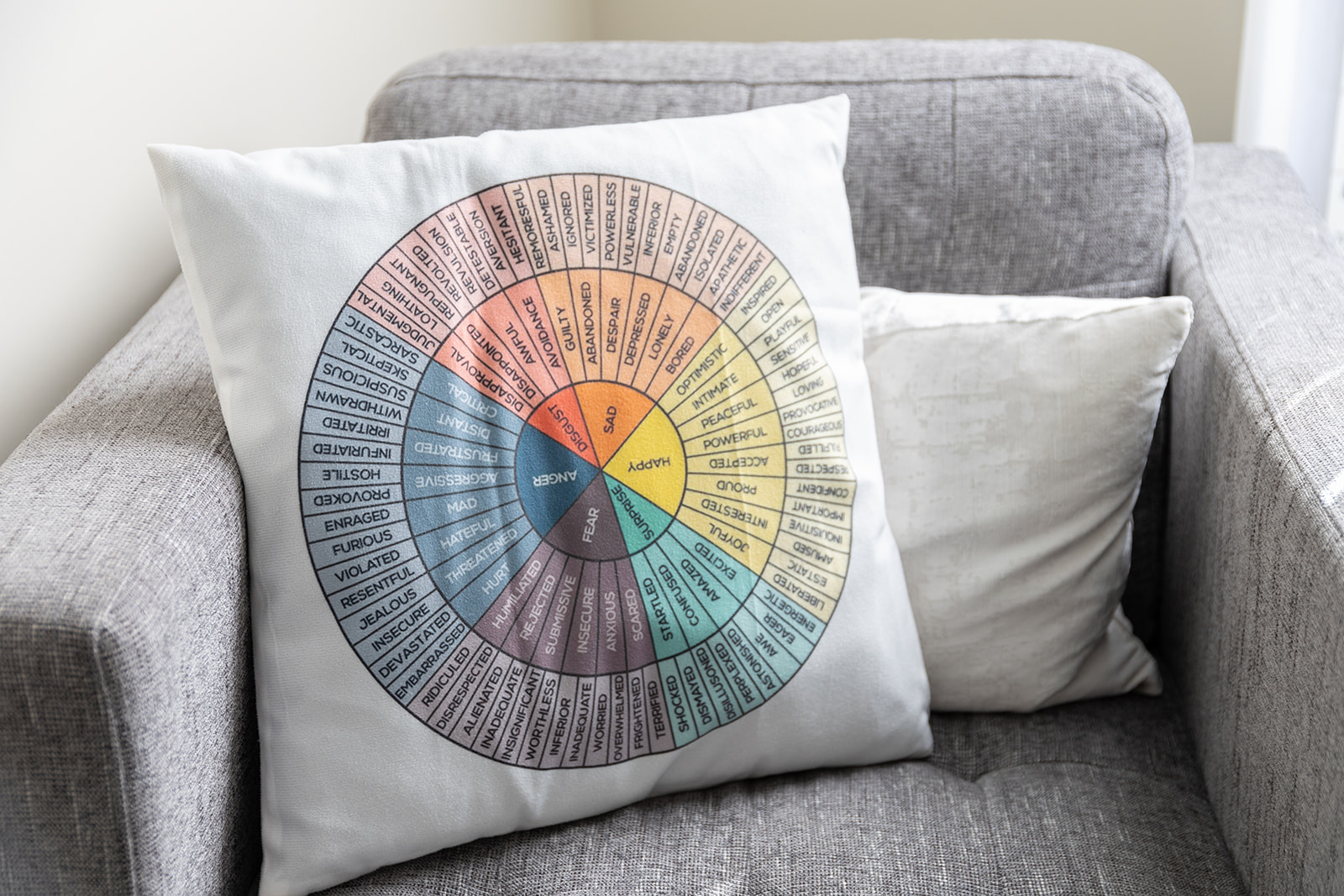modalities
Discover the Pathways to Healing and Personal Growth

Cognitive Behavioural Therapy (CBT)

Eye-Movement Desensitization Reprocessing (EMDR)

The Grief Recovery Method

Accelerated Resolution Therapy (ART)
Accelerated Resolution Therapy® (ART) is a brief, structured form of psychotherapy designed to help you recover from distressing experiences, emotions, or sensations that may feel “stuck” in your mind or body. Using gentle, guided eye movements and visualization techniques, ART helps the brain reprocess troubling memories in a way that reduces emotional pain while preserving the facts of what happened. Through ART, clients are able to erase negative images associated with memories, resulting in the elimination of corresponding triggers.
During an ART session, you’ll remain fully in control as your therapist guides you through a series of eye movements—which we believe to be similar to what naturally occurs during dreaming—while you recall a difficult memory or feeling. Through this process, your brain can safely “update” the memory by removing or replacing the corresponding images so that it no longer triggers the same distress, fear, or physical tension. You don’t have to describe your trauma in detail if you prefer not to; many people appreciate this sense of privacy and control.
Most clients describe ART as calm, focused, and surprisingly efficient. Because each session follows a structured protocol, progress can often be seen within one or a few sessions rather than months of therapy. People commonly report significant improvements in symptoms of trauma, anxiety, depression, grief, and other stress- related problems, along with better sleep and a greater sense of peace.
ART is grounded in the science of how memories and emotions are stored in the brain. By helping the mind replace distressing images and sensations with new, positive ones, ART allows healing to occur quickly and safely; so you can move forward without being held back by the past.
Click here for a more detailed description of what ART is.
Click here to learn more about ART via a TED Talk by ART founder, Laney Rosenzweig.
Click here to watch a client talk about their experience with ART with their therapist.

Gottman Method Couples Therapy

Narrative Therapy
A form of therapy that differentiates between people and their problem. Through creating distance from the issues encountered, individuals are encouraged to view the issues through various lenses in order to create a narrative that accurately processes their experience. A healthy separation between an individual and their problems can help to promote positive changes that utilize their own capabilities to restructure their directions in life. Narrative Therapy helps clients explore personal strengths and the sense of self, so that a distinctive outlook that aligns to one’s own values can be created to create momentum for action.

Person-Centered Therapy
A client-based and humanistic approach that promotes a non-judgmental space for self-exploration. We believe that people are experts of their own lives, and so we engage through unconditional positive regard. Individuals are free to express all things that make them unique so that they can accept and inspire their own changes through the therapeutic journey. Person-Centered Therapy encourages self-awareness and ownership, so that one can learn to become more confident in their decision-making process when faced with daily challenges.

Solution-Focused Brief Therapy (SFBT)
Focusing on solutions and strengths to create meaningful change. SFT is a goal-directed and collaborative psychotherapeutic approach, empowering individuals to create and realize their unique solutions. By challenging assumptions and utilizing techniques to explore present and future issues, clients discover effective pathways towards their desired outcomes.

Existential Therapy & Logotherapy
Existential Therapy is a philosophical approach that explores the in-depth meaning of what it is to live as a human being. Logotherapy, developed by Viktor Frankl, can be considered as a sub-variation of Existential Therapy which focuses specific meaning to our individuality that enriches life overall. Through Existential Therapy, the clinician helps the client develop insight and learn to embrace life fully while overcoming the primal fears such as freedom, death, isolation, and meaninglessness. Through this process, the client learns to become resilient in the face of adversity and lead more fulfilling lifestyles of their own choosing.

Mindfulness-Based Cognitive Therapy (MBCT)

Other Modalities
Your Road to Healing Starts Now
Ready to create positive change in your life? Don’t hesitate to book your therapy session, where we’ll collaborate on fostering self-awareness, healing past wounds, and nurturing personal growth to achieve a life of fulfillment.


